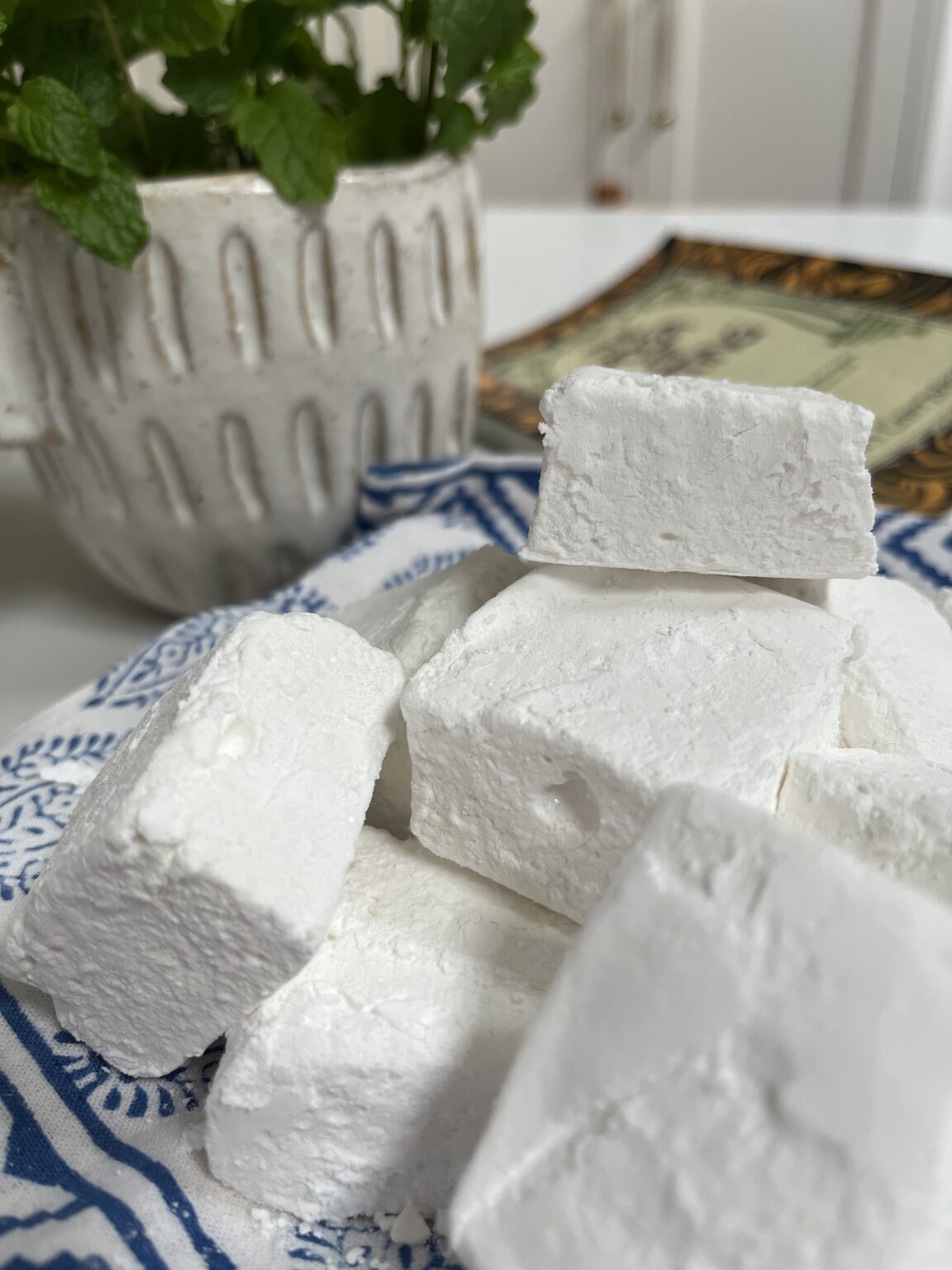Journal
- All
- Antioxidant
- Astragalus
- Blood clots
- Brain fog
- Burnout
- Cervical cancer
- Cholecystectomy
- Cold feet
- Cracked heels
- Echinacea
- Exhaustion
- Fatigue
- Gallbladder
- Headaches
- Health Advice
- Heart health
- Liver
- Low immunity
- Low white blood cells
- Memory
- Menopause
- Migraines
- Nervous system
- Perimenopause
- Recipe
- RnA ReSet
- Strokes
- Sun protection
- Thyroid
These Homemade Elderberry Gummies are easy to make and will support the whole family's immunity. The Elderberry is packed with phytonutrients, antioxidant rich and high in vitamin A, potassium and vitamin C
Why You Really Want to “Go” Every Day
Combat constipation. A daily bowel movement is key to optimal health. Constipation creates the perfect environment for bacterial overgrowth, creates inflammation, hormonal imbalance and infertility, fatigue, brain fog and can seriously impact your mood.
Dandelions are bestowed with wonderful health benefits and are a joy to behold. Making this dandelion shortbread is a great way to incorporate this wonderful plant in to a sweet treat. You can also make Dandelion Honey here. Dandelion Shortbread Recipe (Makes about...
Understanding the Power of the Vagus Nerve
Let’s get to know a part of your body that often goes unnoticed, but is incredibly important – the vagus nerve. The vagus nerve works silently behind the scenes, controlling functions like your heart rate, breathing, digestion, and even your...
Feed Your Gut, Fuel Your Brain
Our gut and brain are connected in a way that science is just starting to fully understand. But what we do know is that our gut is home to trillions of bacteria, collectively known as the gut microbiome. And this...
Make these simple, easy homemade marshmallows using gelatin, sugar and vanilla extract.
Magnesium: The Unsung Hero Of Heart Health
When it comes to keeping our hearts in the best shape, we often forget the important role magnesium plays. Could this mineral be a missing link to improved cardiovascular health? Let’s take a closer look. Is Magnesium the Missing Link...
Hibiscus Tea – Help for High Blood Pressure
The Hibiscus flower is a beautiful sight to behold but it offers much more. Studies show that drinking just 3 cups of Hibiscus tea a day can lower mild to moderate blood pressure. In fact Hibiscus induced reductions in blood...
The Importance Of Electrolytes For Energy And Performance
When energy levels fall, it might sound like a quick fix to increase your calorie intake, consume an energy drink, or sleep more at night. The problem? That may not actually be what you need. A simple electrolyte imbalance could...








